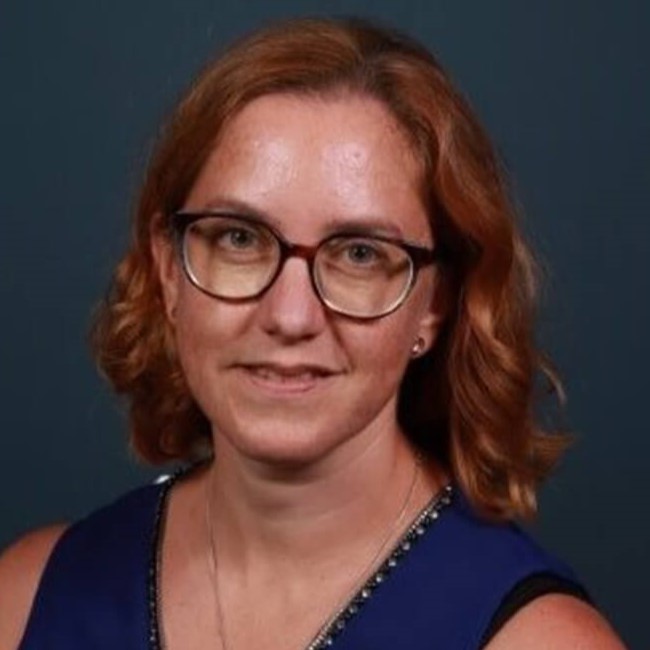Content

Welcome to the Deformation Research Group at the University of Nebraska-Lincoln. We investigate the deformation of fold-thrust belts and the associated foreland basins, using an integrated approach that combines remote sensing, analog modeling, field campaigns and seismic interpretation. These pages will guide you through my current research projects, current student projects and the projects and current activities of former members of the group. There are also sections on teaching and the group's outreach activities.
ABOUT ME - Cara (Caroline) Burberry
I have two principal geologic interests; the way strain is partitioned during deformation, and the way pre-existing fabrics can affect deformation. I have worked on regions in the Rocky Mountains (USA), the Zagros Mountains (Iraq-Iran) and the Kalimantan Fold Belt, Indonesia. Current research focuses on understanding the effect of differing mechanical stratigraphies on deformation and penetrative strain, and the presence of distributed damage zones around major faults.
I gained my PhD in 2008 from Imperial College, London (with time spent working at The Pennsylvania State University and Uppsala University). Following my PhD, I worked at the University of Utah, before joining the University of Nebraska-Lincoln in the fall of 2010.
In addition to my duties at UNL, I am a senior associate editor for the AAPG Bulletin, and an associate editor for Marine Geophysics. I have served in several capacities in the IODP advisory structure. Most recently, I was part of the Science Framework Writing Group for the 2050 Science Framework. Last but not least, I am the past President of the Cornhuskers AWG Chapter.

Land Acknowledgement Statements
1. From the Native Coalition: We would like to begin by acknowledging that the University of Nebraska is a land-grant institution with campuses and programs on the past, present, and future homelands of the Pawnee, Ponca, Oto-Missouria, Omaha, Dakota, Lakota, Arapaho, Cheyenne, and Kaw Peoples, as well as the relocated Ho-Chunk, Iowa, and Sac and Fox Peoples. Please take a moment to consider the legacies of more than 150 years of displacement, violence, settlement, and survival that bring us together here today. At the University of Nebraska, we respect and reocgnize differences, realizing we can learn from each other, and we look forward to building long-lasting relationships with the Indigenous People of Nebraska. - Chuck Hibberd, Nebraska Extension Emeriti
Donate to the Native Coalition at UNL.
2. The DRG would like to acknowledge that several of its members have benefited from fieldwork and sample collection on the past, present and future homelands of the Blackfeet and Gros Ventre Peoples in Montana.